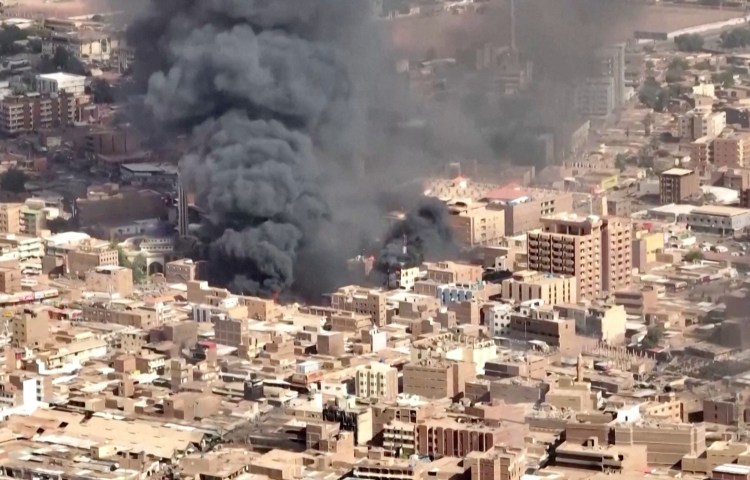
One year into Sudan’s civil war, its media faces grave threats
When fighting erupted in Sudan on April 15 of last year, local journalists quickly ran into difficulties reporting on the conflict roiling their country. As the Sudanese Armed Forces (SAF) and the Rapid Support Forces (RSF) – former allies who jointly seized power in a 2021 coup – engaged in street battles, journalists were assaulted,…
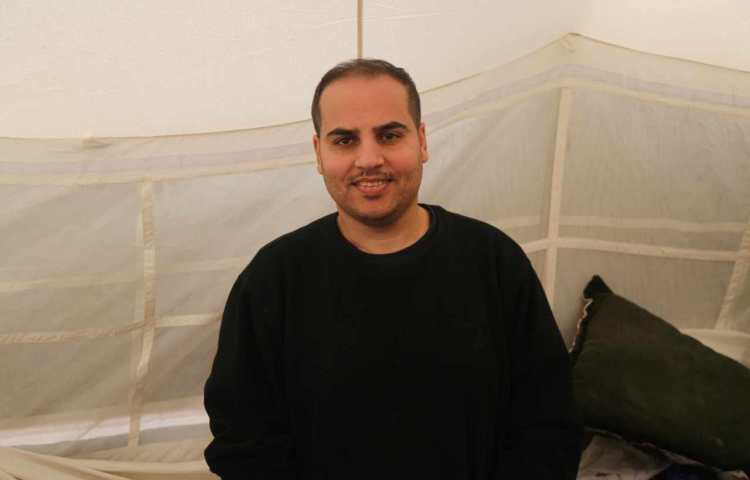
Gaza journalist Diaa Al-Kahlout describes 33 harrowing days in Israeli custody
Diaa Al-Kahlout, the veteran Gaza bureau chief for the Qatari-funded London-based newspaper Al-Araby Al-Jadeed, had been covering the Israel-Gaza war for two months when he became part of the news. On December 7, Al-Kahlout was detained along with members of his family by Israeli forces in a mass arrest in Beit Lahya in northern Gaza….

‘Back to the dark ages’: Editor Ataf Mohamed on Sudan’s wartime communications blackout
For the last six weeks, Sudan has been almost totally cut off from the world. Since early February, there has been an internet and telecommunications blackout in the country, where a war between the Sudanese army and the paramilitary Rapid Support Forces (RSF) has killed more than 13,000, displaced millions, and threatens to cause widespread…

Committee to Protect Journalists commits $300,000 in immediate funding for Palestinian journalists
New York, February 1, 2024—The ongoing Israel-Gaza war has had an unprecedented and devastating effect on journalists. By late January 2024, the Committee to Protect Journalists (CPJ) had documented the killing of more than 80 journalists and media workers in the conflict, the majority of them Palestinian reporters trapped inside Gaza. CPJ’s reporting also points…

Year in review: The most-read press freedom stories of 2023
As we approach the end of a truly volatile year, CPJ has documented physical attacks, imprisonment, and legal harassment against the press accelerate relentlessly in frequency and severity, and we have seen more journalists than ever fleeing into exile. Journalists face increasingly hostile environments in conflict zones, as more journalists have been killed in the…

A call to action for protection of journalists in Israel-Gaza war
New York, December 21, 2023 – Since October 7, at least 68 journalists have lost their lives in the Israel-Gaza war. In more than three decades of documenting journalist fatalities, the Committee to Protect Journalists has never seen violence of such intensity. This devastating toll and related anti-press aggression and restrictions severely impact the ability…
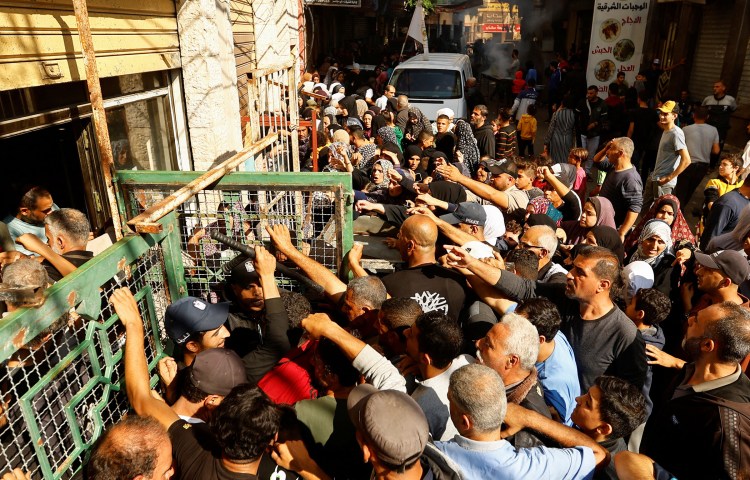
CPJ expresses grave concern over 4th communications blackout in Gaza
Update: Communications in Gaza were partially restored over the weekend after a limited amount of fuel was allowed into the region to power generators. Journalists are still reporting to CPJ that they are having difficulty with communications. New York, November 16, 2023—The Committee to Protect Journalists (CPJ) is highly alarmed by widespread reports of a communications blackout…
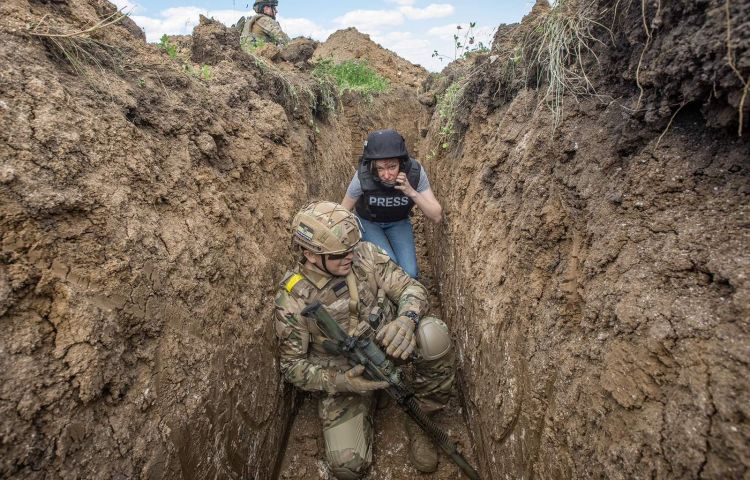
‘No other option to survive’: After one year of war, Ukrainian journalists are equipped for the long haul
In January, Ukrainian photojournalist Anton Skyba rushed to the Donbas region in eastern Ukraine to report on a town near the front line, Chasiv Yar. He came prepared. In a phone call with CPJ, he ticked off the items in his suitcase: personal protective equipment, including a helmet and an individual first aid kit with a chest patch “for…

#NotATarget: Ahead of World Press Freedom Day, CPJ renews call for protection of journalists in Ukraine
On Wednesday, CPJ welcomed the European Commission’s “decisive” move to pass an initiative addressing the abuse of SLAPPs (strategic lawsuits against public participation). CPJ has long advocated for the EU to address SLAPPs, which are abusive lawsuits filed by powerful officials, businesspeople, or corporations against individuals, including critical journalists or news outlets, to restrict or…
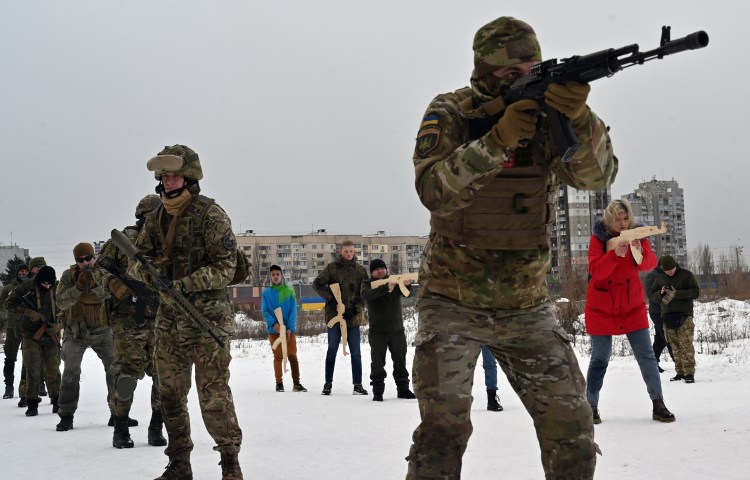
Ukrainian journalists prepping for possible war
As world leaders scramble to stave off a Russian invasion of Ukraine, Ukraine’s press corps also prepare for possible war. Journalists in the country spoke to CPJ about the current dangers they face, including risk of arrests and kidnapping while covering Donbass and Crimea, and their fears of communication blackouts and internet shutdowns if tensions…